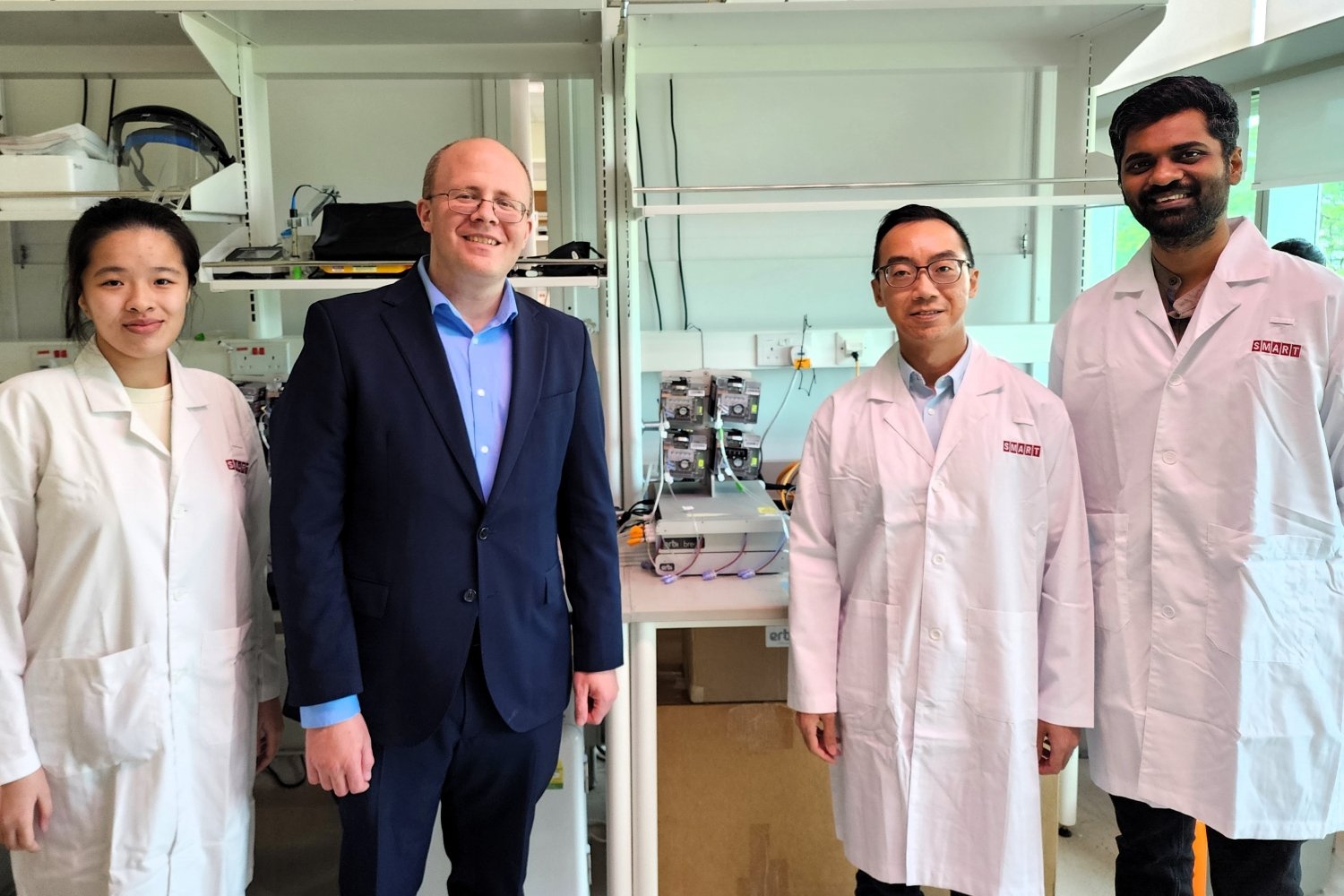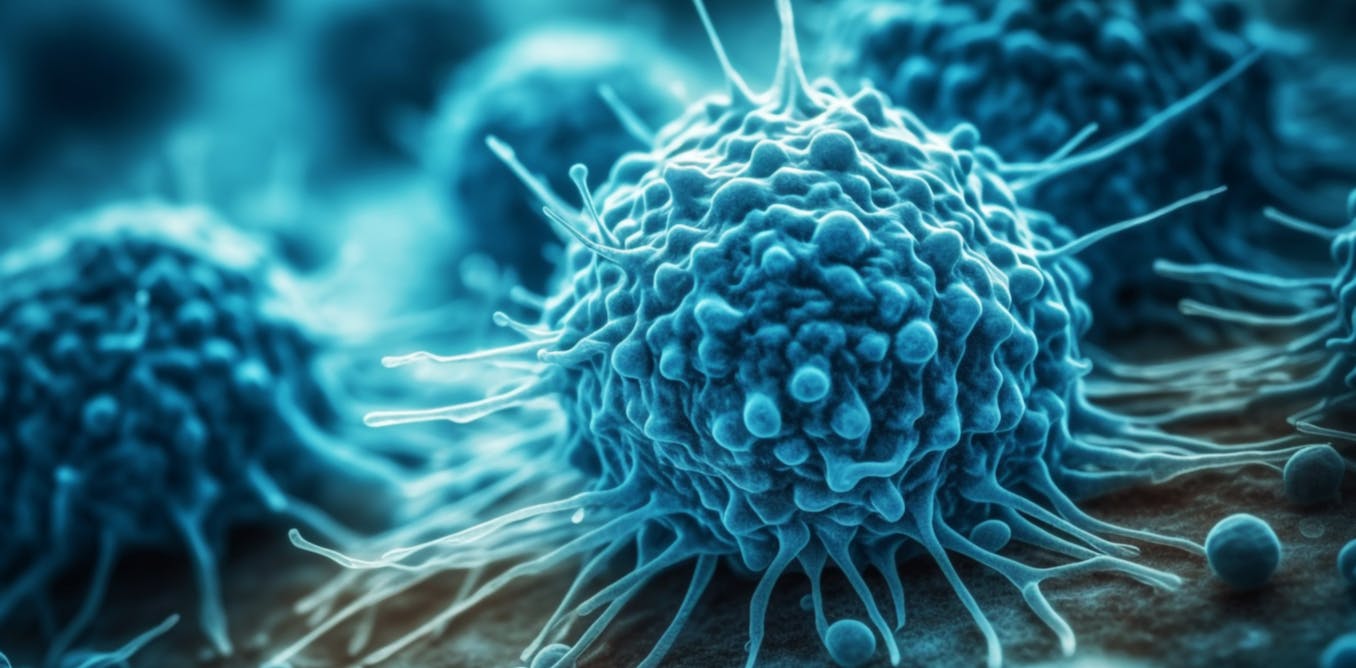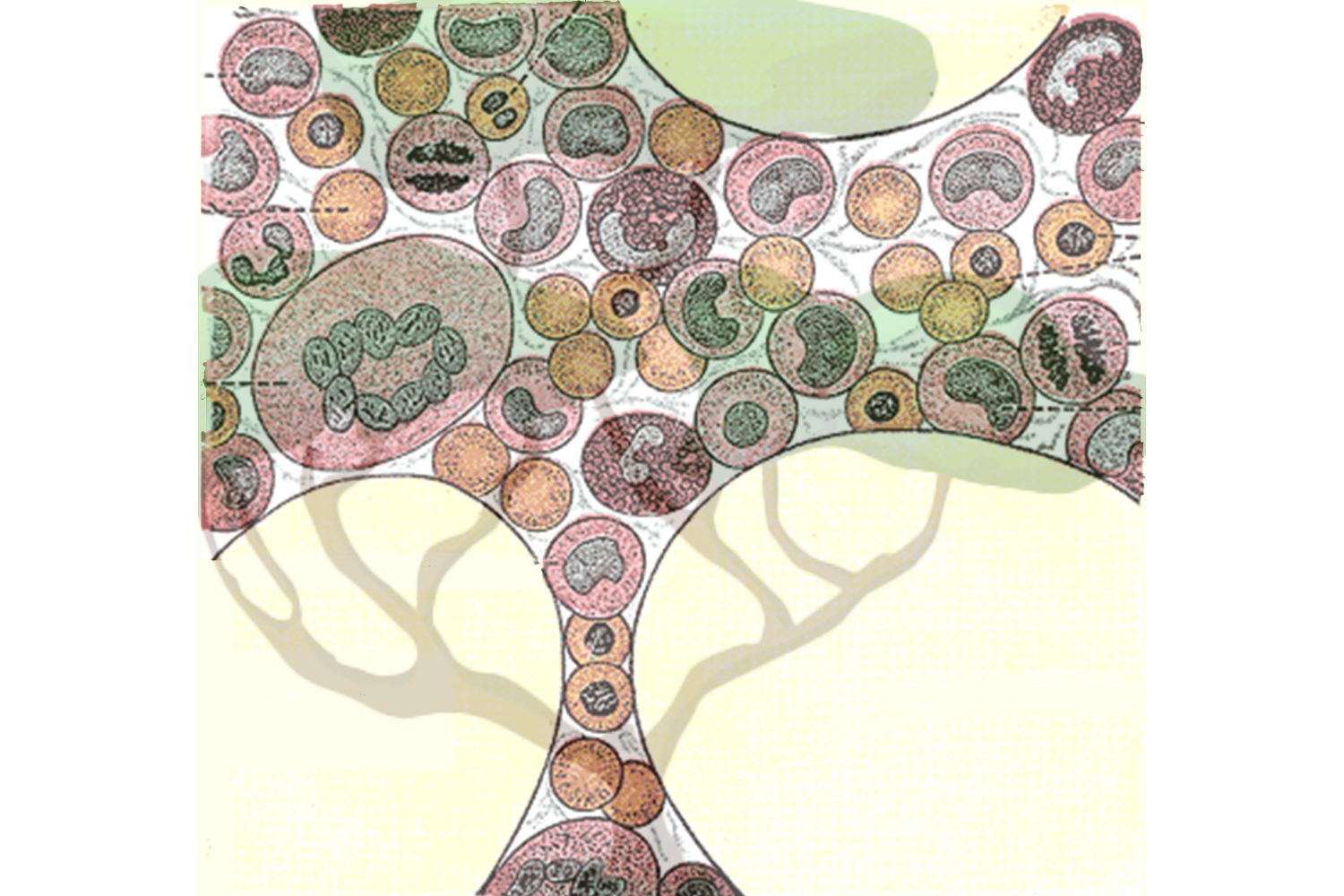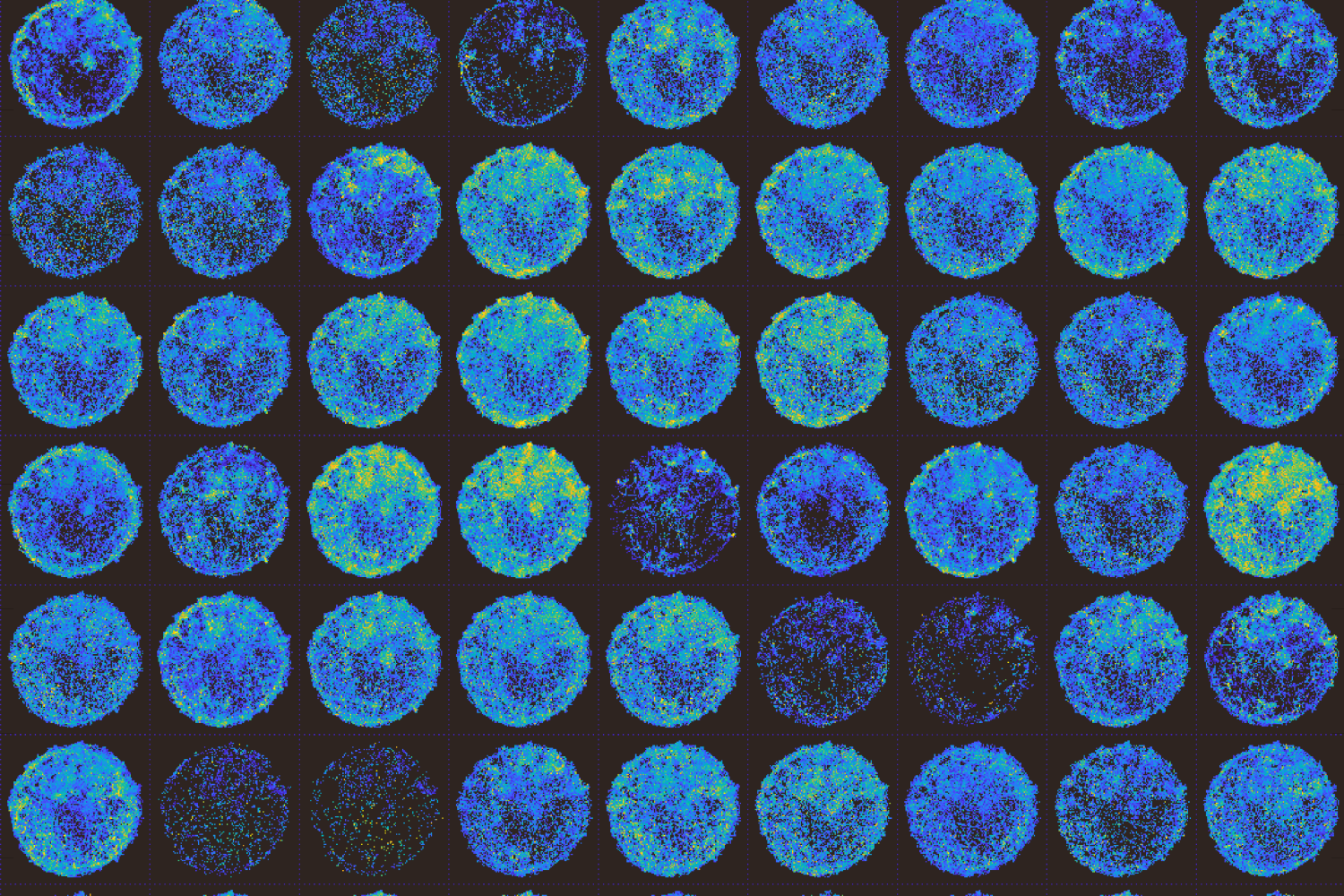Long COVID inflicts deep scars on the lungs, but targeting specific immune cells could reverse damage − new research in mice
Researchers developed a new mouse model that replicates long COVID-19 more accurately than current models. Their findings could lead to new treatments.
Sept. 4, 2024 • ~5 min









